Showing 1 to 15 of 2456 results

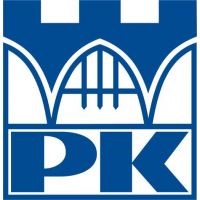
The new lupeol derivative and the method of obtaining.
Innovative Products and Technologies Cracow University of Technology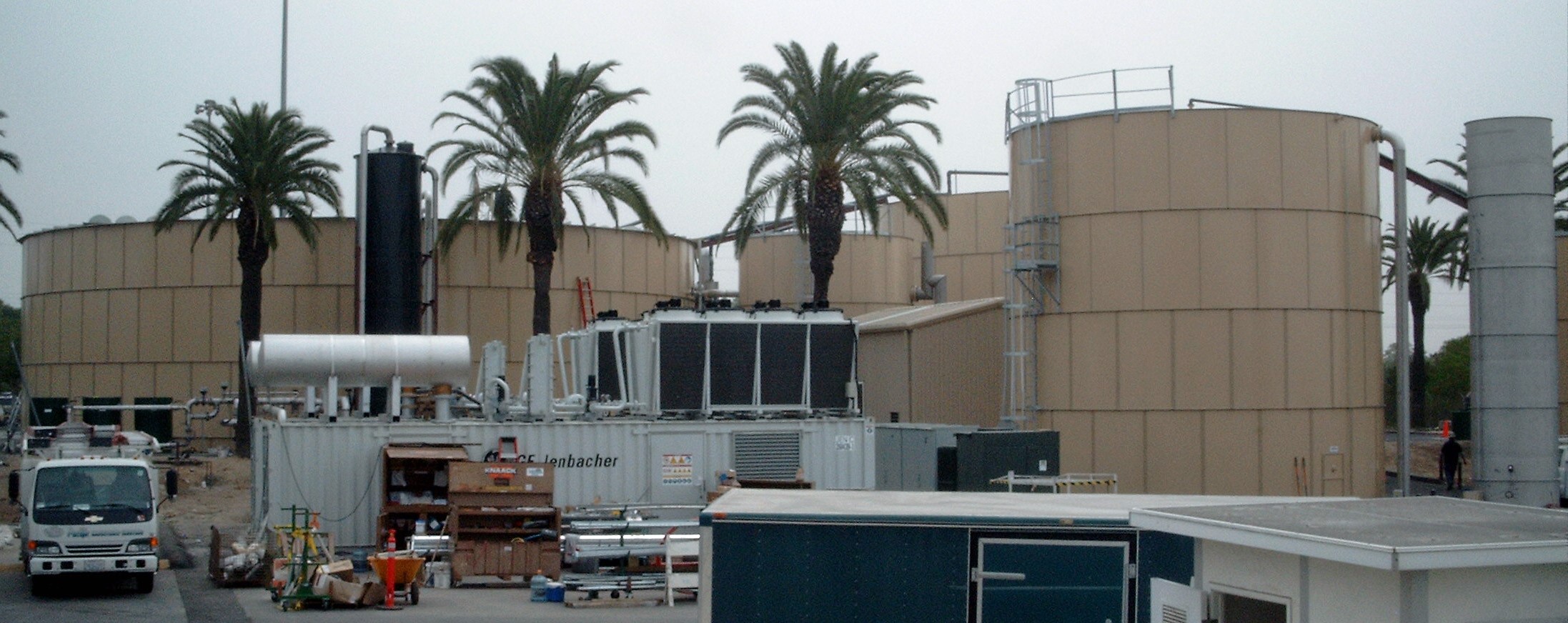

green circular bioenergy 24/7 with low cost buffer storage to stabilize power networks
Innovative Products and Technologies Model Engineering nv/sa

Immobilized biocatalysts for debittering citrus juices
Research Services and Capabilities UNIVERSIDAD DE BURGOS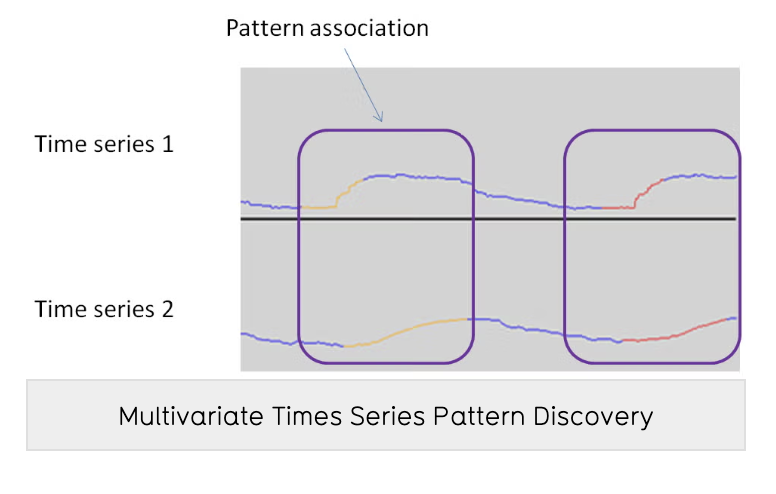

Multivariate times series pattern discovery in a complex continuous industrial process
Innovative Products and Technologies University of Waterloo

Pínea - Eco-friendly firelighter
Patents for licensing UATEC - Unidade de Transferência de Tecnologia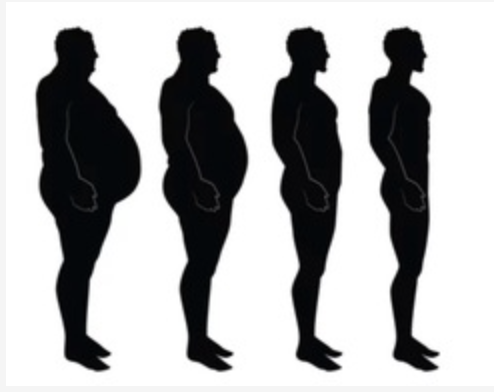

Treatment of Metabolic Syndrome and Obesity
Innovative Products and Technologies Georgetown University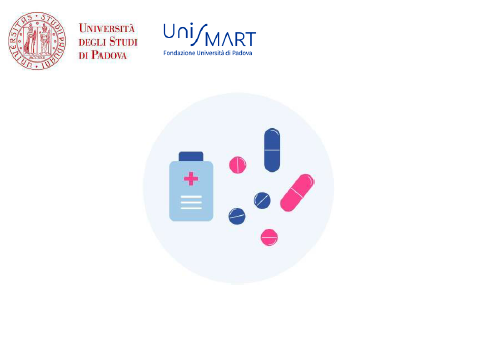
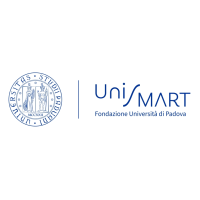
Copper complexes as novel antineoplastics
Patents for licensing Unismart - University of Padua Foundation

Manganese-Nitride based Novel Magnetic Materials
Innovative Products and Technologies Georgetown University
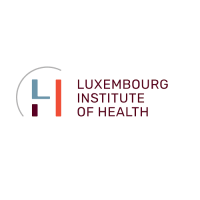
Circular RNA Biomarkers For Heart Failure Diagnostics
Innovative Products and Technologies Luxembourg Institute of Health

Sensor capable of detecting sulphur compounds in wines
Patents for licensing UNIVERSIDAD DE BURGOS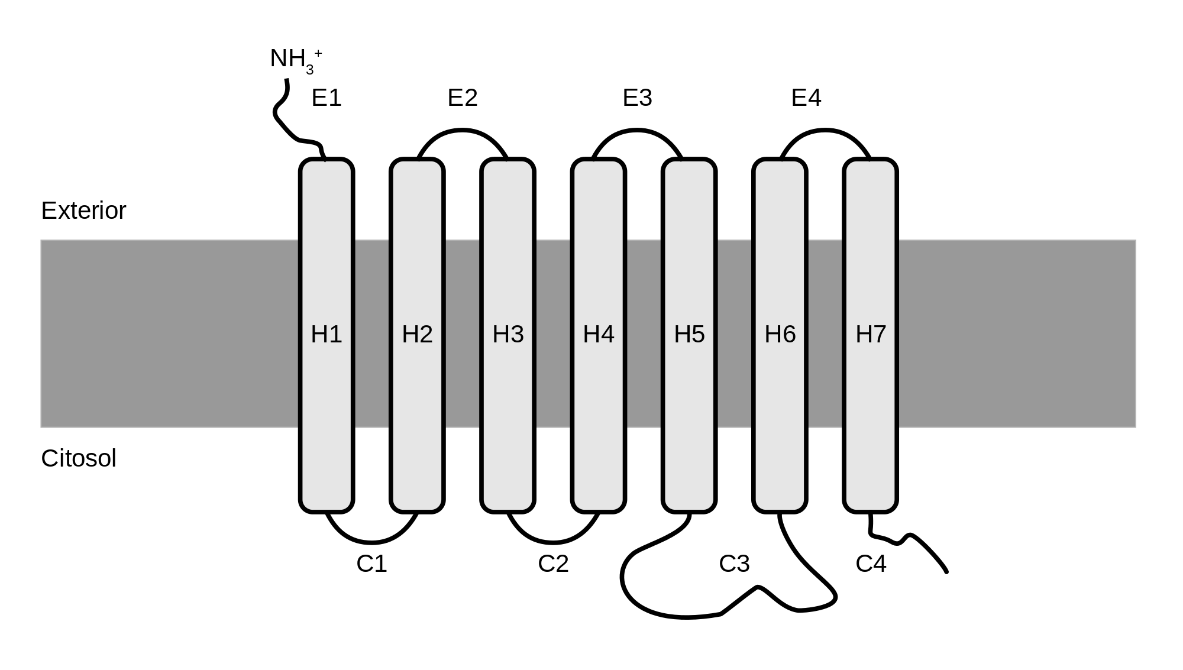
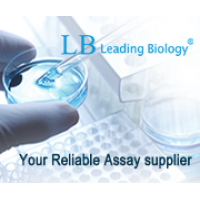
Anti-GPCR Antibody Production
Research Services and Capabilities Leading Biology

High UV efficiency lighting
Innovative Products and Technologies University of Waterloo

Heat exchanger with energy storage alteration detectors.
Innovative Products and Technologies UNIVERSIDAD DE BURGOS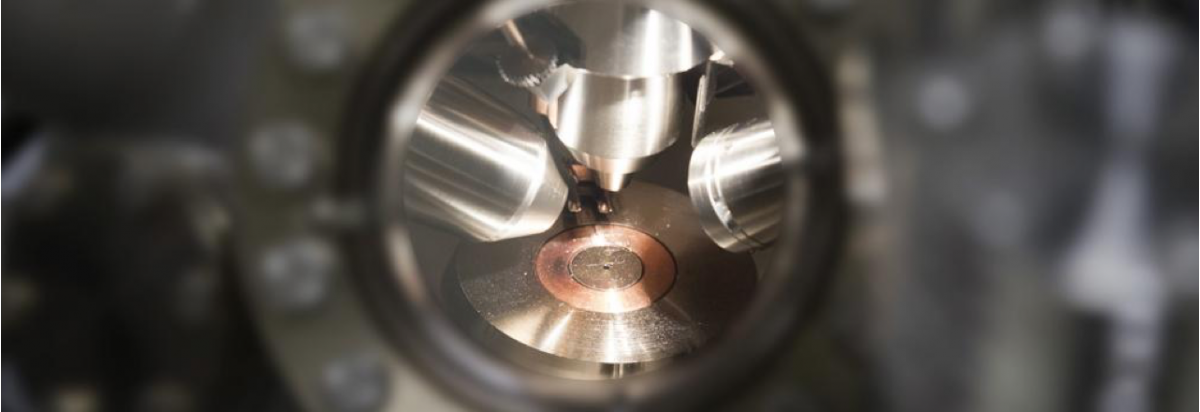
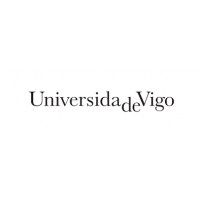
New non-destructive method for “in situ” monitoring of anticorrosive protection of organic coatings
Patents for licensing University of Vigo

